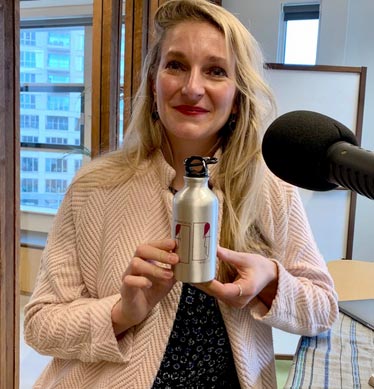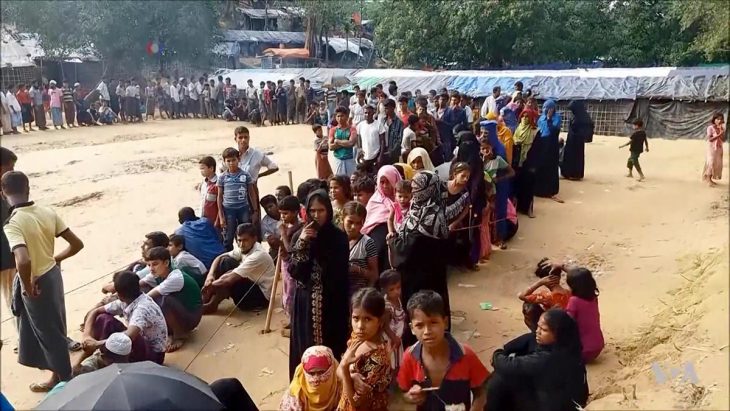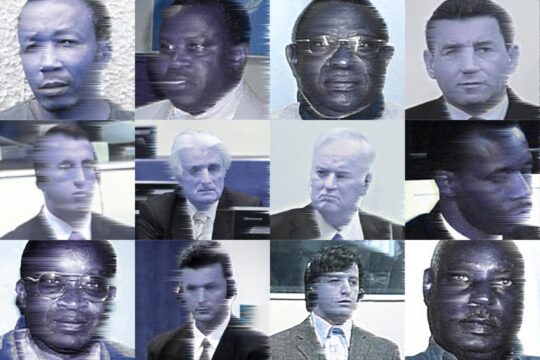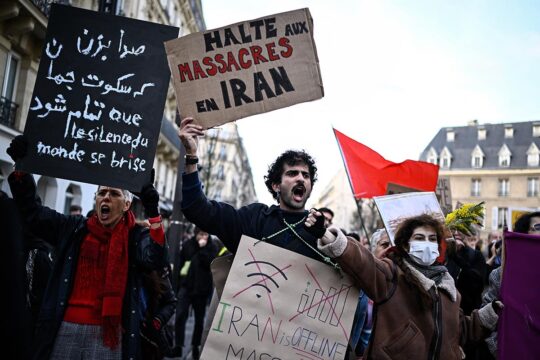To listen to the podcast, click on the "play" button below:

Is starving people to win a war a crime? Most international humanitarian law scholars say yes. And the International Criminal Court added starvation as a war crime to their statute in December 2019.
But how do you prosecute it? “Starvation and famines rarely occur in a vacuum,” says our guest Catriona Murdoch. She works with Global Rights Compliance, and has written extensively on the subject.
She’s pointed out how food insecurity, malnutrition and disease are often factors already in play when a country is at war, let alone climate and resource issues. Finding the evidence to link individuals to a decision to deprive civilians from food will most likely depend on evidence of blockades (think Yemen), sieges of humanitarian workers (think South Sudan), cutting off relief supplies (think Syria), she says.
Her choice of a book was by the The Girl Returned by Donatella Di Pietrantonio. And for a movie she suggests For Sama – “harrowing but very beautiful” .
 ASYMMETRICAL HAIRCUTS
ASYMMETRICAL HAIRCUTS
This podcast has been published as part of a partnership between JusticeInfo.net and Asymmetrical Haircuts, a podcast on international justice produced from The Hague by journalists Janet Anderson and Stephanie van den Berg, who retain full control and independence over the contents of the podcast.






